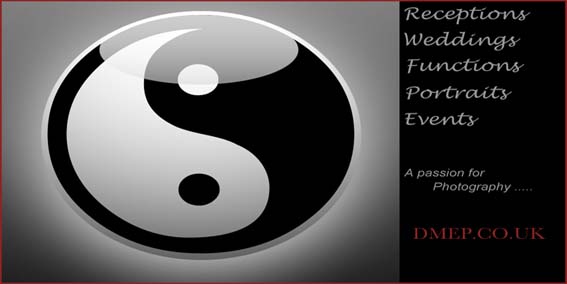Sent to you by mcleanfamily88 via Google Reader:
It's that time of year. We always get lots of questions about fireworks photography. This is an updated article from two years ago. These are just basic tips – this is not intended as an all-inclusive article, but rather a starting point. I hope you find something useful here.
1. Scout out and stake out your favorite spot early. Finding the right vantage point is crucial to good fireworks photography. Make sure you have an unobstructed view of the sky. Make sure you have legal permission to be at the place you select for a vantage point. Also consider safety first. Make sure you're not in an area where the fireworks will land near you. One of my favorite things to do is to find a spot where there is a lake or pond that I can include in the foreground. This gives a chance to do some cool stuff with reflections.
2. Use a tripod. Use a STURDY tripod. You will need long exposure times to record the brilliant fireworks streaming through the sky so handheld shots won't work. (Make sure tripods are allowed at your chosen vantage point.)
3. Use long shutter speeds. For most fireworks photos, an ISO of 250 with a four-second exposure at f8 should be a good starting point. Look at your histogram and image on the back of the camera and adjust your exposure by adjusting the shutter speed. You may want slower shutter speeds, in which case your camera's BULB setting will come in handy.
4. If your camera has a long-exposure noise reduction mode, use it. Digital cameras can produce noisy (grainy) pictures when their shutters are tripped for more than a second. The noise-reduction mode on most cameras eliminates or reduced this problem. If you're not getting enough light, it's better (especially with modern cameras) to crank up the ISO than to extend the exposures.
5. DO NOT use flash. It won't help. Period.
6. Set your focus point to infinity and then disable autofocus. This will improve and speed up your camera's performance. Many shots are missed when photographers suffer through the period of time that the camera hunts for focus. Set it and forget it.
7. Bring several formatted memory cards. Pre-format these cards since you will be working in the dark. You don't want to mess with getting each card ready when it's tough to see what you're doing.
8. If possible, use a strong foreground object such as a local landmark to set the fireworks against.
9. Bring a small flashlight so you can read your camera's dials in the dark.
10. Don't forget to shoot both vertical and horizontal views of the fireworks.
Experiment and have fun. You'll get the best results if you practice your technique.

Things you can do from here:
- Subscribe to Photofocus using Google Reader
- Get started using Google Reader to easily keep up with all your favorite sites




No comments:
Post a Comment